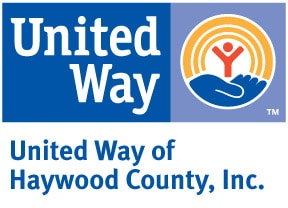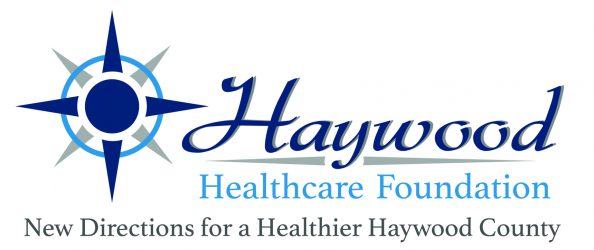- 828.246.0332
- Admin Hours: Mon - Fri: 10:00am - 4:00pm
The Mountaineer. (2018, Feb 22)
RALEIGH — In this politically polarized moment in our history, what unites us? Surely one value nearly all of us have in common is a belief in the importance and power of donating our time, expertise, and dollars to worthy organizations and causes that serve our communities.
North Carolina has a long tradition of charitable giving and volunteering. When measured as shares of household income, North Carolinians give to charity at a rate significantly above the national average — and Americans, in turn, are among the most generous people on the planet. Charitable giving accounts for just over 2 percent of the gross domestic product in the U.S., compared to 1.2 percent in Canada, .8 percent in Britain, .3 in France, .2 percent in Japan, and .1 percent in Germany.
Why is there such a gigantic disparity? Most scholars of philanthropy would attribute our relative generosity to distinctive public attitudes. We tend to be more religious, which correlates with higher giving to both religious and non-religious institutions. And much more so than our international counterparts, we tend not to believe that government is the only important means of addressing matters of common concern.
My favorite definition of philanthropy as a social institution is simple: “voluntary action for the public good.” That distinguishes it from the government, which shares philanthropy’s intention to do good but is inherently coercive rather than voluntary. The definition also distinguishes philanthropy from business, the conduct of which is voluntary but not necessarily intended to advance the public good — although, as the first modern economist Adam Smith reminded us more than two centuries ago, public good frequently comes as an unintended but significant benefit when people engage in commerce.
Two scholars, University of Southern California professor Michael Moody and the late Robert Payton of Indiana University, explored in detail this notion of “voluntary action for the public good” in their invaluable 2008 book Understanding Philanthropy. Surveying the “history of the social imagination,” as Moody and Payton described it, they identified two different historical traditions that form modern philanthropy.
The compassion tradition, which in the West had its origins in Jewish and Christian history, reflects our efforts to alleviate suffering, save lives, foster virtue, and restore what is broken. The community tradition, which in the West had its origins in the city-states of the Greek and Roman world, reflects our efforts to elevate communities, enrich lives, foster new intellectual and artistic achievements, and preserve what is great and beautiful.
Many charitable givers follow both traditions. They give to their local churches, soup kitchens, or homeless shelters while also supporting local arts groups or their favorite universities. At the John William Pope Foundation, the Raleigh-based grantmaker for which I serve as president, we have a long history of following both traditions, as well. Three years ago, we created a program, the Joy Pope Memorial Grants in the Arts and Human Services, to honor one of the foundation’s early leaders and benefactors. Scores of North Carolina nonprofits apply to receive one of the two $100,000 Pope Memorial Grants we award each year.
The 2018 recipient in human services is the Haywood Pathways Center in Waynesville, which supports men, women, and children during periods of crisis with services that include emergency housing, a soup kitchen, and employment training. The Pope Memorial Grant will help fund its shelter for homeless women with children, to be housed in a former jail.
The other Pope Memorial Grant recipient, the Stokes County Arts Council in Danbury, is expanding the Arts Place of Stokes to add classroom and meeting space, a pottery studio, a prep kitchen, a reception area, artist studios, a rooftop patio, and a wheelchair lift. “This is definitely a moment we will share and celebrate with all of the residents of Stokes County,” said executive director Eddy McGee after receiving the grant.
Joy Pope believed strongly in both the compassion and community traditions of philanthropy. She and her family have clearly translated their beliefs into voluntary action for the public good.
Sharing is Caring!
Mandy Haithcox,
Executive Director
179 Hemlock Street
Waynesville NC 28786
mandy@haywoodpathways.org
828-246-0332

